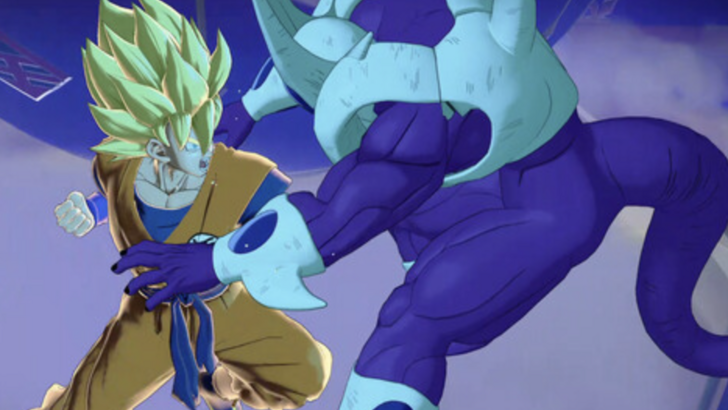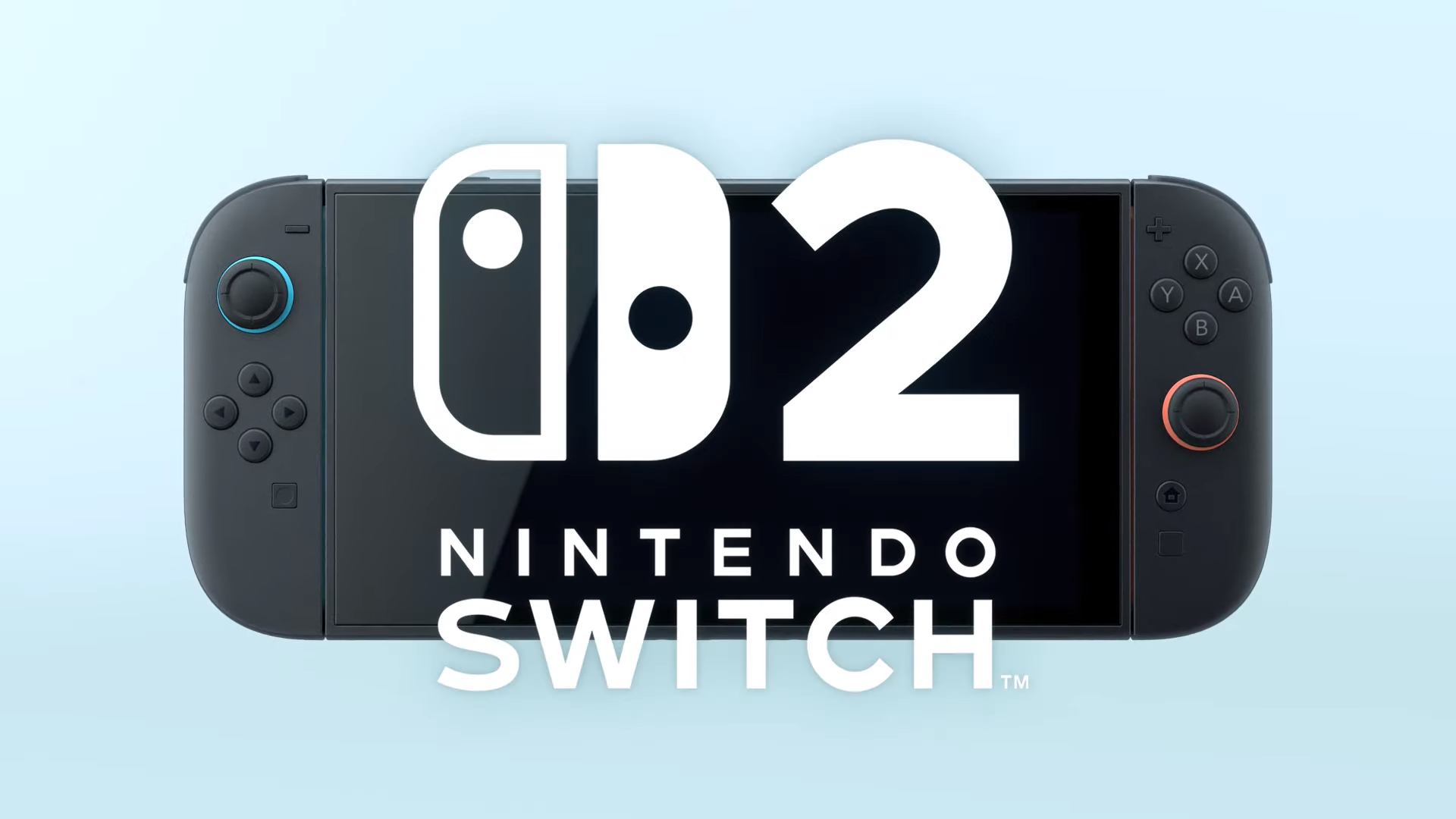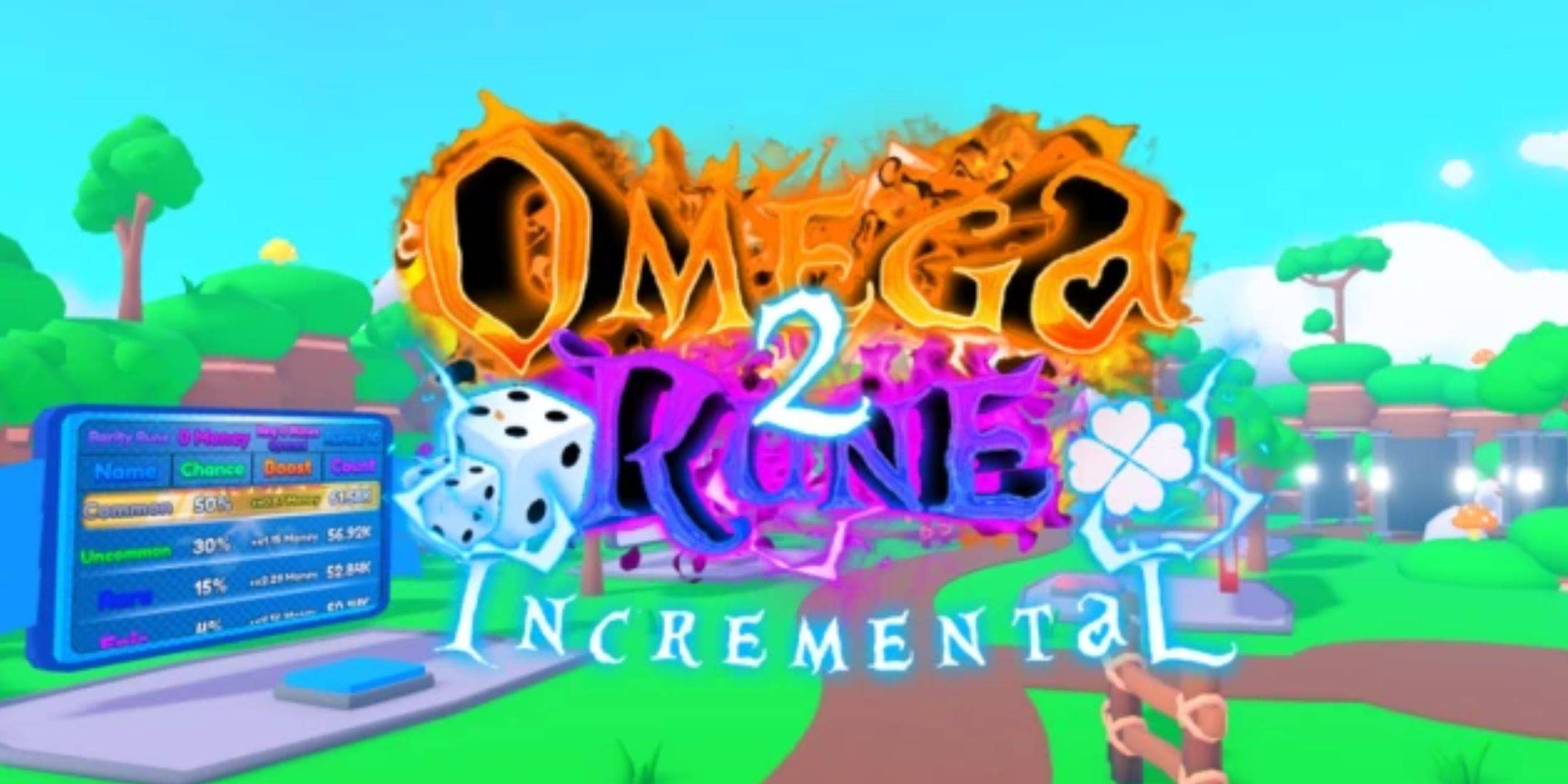EA Shuts Down Origin, Impacts Users
- By Patrick
- May 12,2025
In 2011, EA launched the Origin App, providing an alternative digital storefront for PC gamers to browse and purchase EA's games, bypassing the dominant Steam platform. A significant move was making Origin a strict requirement for the highly anticipated Mass Effect 3 in 2012. Despite this, Origin struggled to gain traction due to its clunky user experience (UX) and frustrating login processes, leading many PC gamers to avoid it altogether. Despite persistent efforts, EA has now decided to replace Origin with the EA app, which has been met with similar criticism for its cumbersome interface.
This transition comes with significant caveats for users. For instance, if you own games like Titanfall on Origin but can't access your account, you're out of luck unless you formally switch from Origin to an EA account. This shift also excludes users on 32-bit systems, as the EA app only supports 64-bit operating systems. While this move aligns with industry trends—Steam also dropped 32-bit support in early 2024—it's worth noting that Microsoft sold 32-bit versions of Windows 10 up until 2020. However, if you're running Windows 11, you're safe, as 64-bit support has been standard since Windows Vista's release nearly two decades ago.
To check if your system is 32-bit or 64-bit, look at your RAM. A 32-bit OS can only use up to 4GB of RAM, so if your system has more, you're likely running a 64-bit OS. If you've mistakenly installed a 32-bit version of Windows, you'll need to completely wipe your system and reinstall a 64-bit version to continue using the EA app.
While dropping support for 32-bit systems isn't surprising in 2024, it raises questions about the nature of digital ownership. Losing access to a library of games due to hardware changes is frustrating, a problem not unique to EA, as Valve has also moved away from supporting 32-bit systems. Moreover, the increasing use of invasive digital DRM solutions like Denuvo in PC games adds another layer of complexity, as these often require deep system access or impose arbitrary installation limits, despite your purchase.
One way to safeguard your legitimately purchased digital library is to support GOG, operated by CD Projekt. GOG's DRM-free approach means that once you download a game, you own it and can run it on any hardware the game supports indefinitely. This model does open up the possibility of software piracy, yet it hasn't deterred developers, with titles like the upcoming RPG Kingdom Come: Deliverance 2 set to launch on GOG soon.
Latest News
more >-
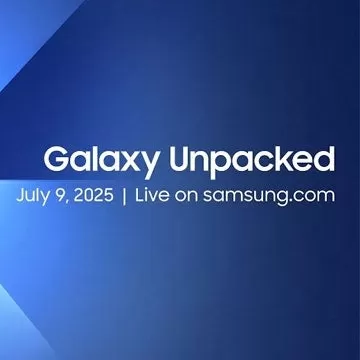
-
- Cardinals Watch Conclave Ahead of Key Event
- Feb 15,2026
-
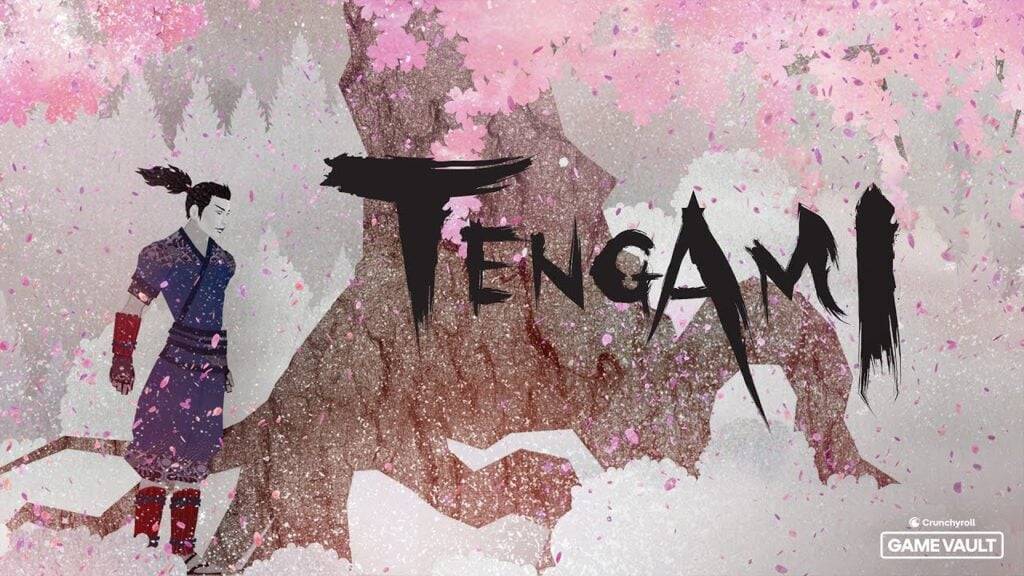
-
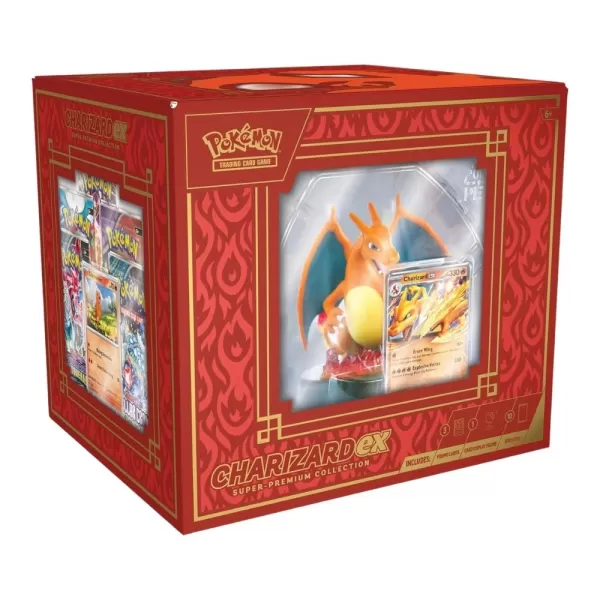
- Xbox Controller Gets a Major Upgrade
- Feb 13,2026
-
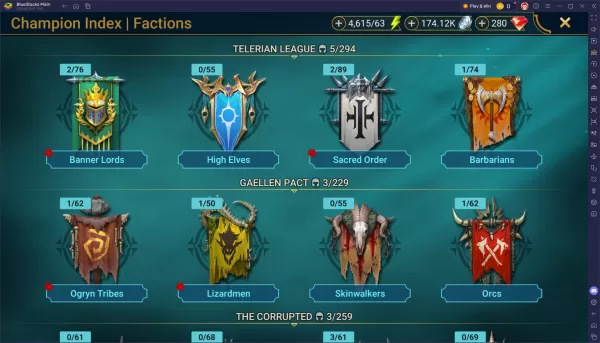
- Top 2025 Faction War Champions in Raid
- Feb 12,2026
